|
When I was a kid I thought the school principal’s job just involved giving speeches at assemblies and walking around saying hello to people. If only. As a new study shows, school principals in Australia work an average of 56 hours a week and are stressed about not having enough time to devote to teaching and learning.
Researchers at the Australian Catholic University have been surveying Australian school leaders about their wellbeing every year since 2011 – the longest-running survey of its type in the world. The findings in their most recent report, released today, paint a worrying picture about the people in charge of Australian students, staff and schools.
On top of the workloads, almost half of those surveyed have experienced violence in their workplaces, and more than half have been threatened with it. As one respondent told the survey: “I have been ground down by the almost constant negativity, nastiness and violence within our community.”
Against this backdrop, it’s hardly surprising some 56% of those surveyed are seriously thinking about quitting. This is a huge problem, not just for the people involved but for the schools they lead and an education system trying to retain teachers and expertise.
As authors Paul Kidson, Herb Marsh and Theresa Dicke write today: “The challenge from this year’s report is stark and immediate: an exodus is potentially on the horizon.”
|

|
Judith Ireland
Education Editor
|
|
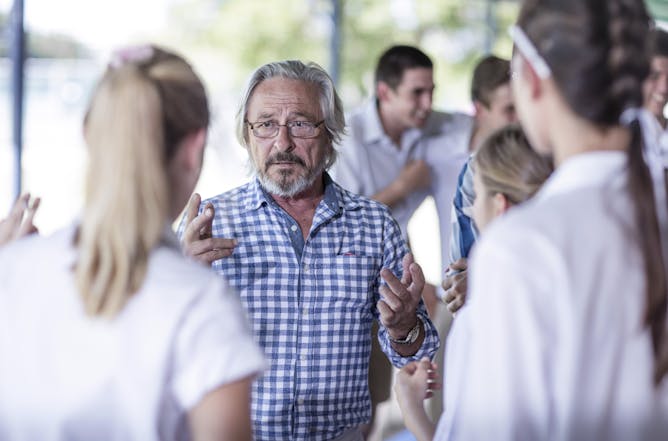
Paul Kidson, Australian Catholic University; Herb Marsh, Australian Catholic University; Theresa Dicke, Australian Catholic University
A major survey of Australian school principals finds they are copping abuse from parents and students on top of huge workloads. Many experienced leaders say they might leave the profession.
|
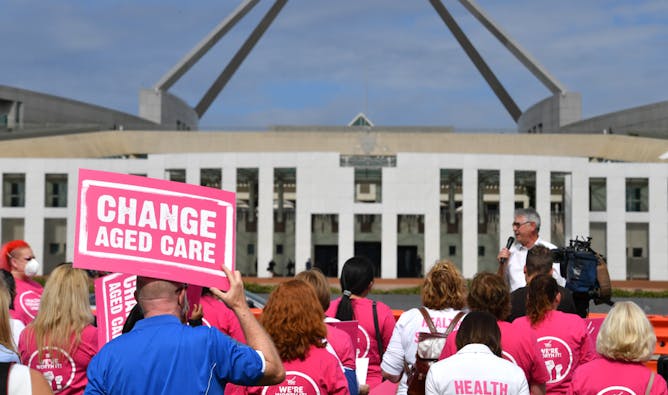
Matthew Xerri, Griffith University
Most of the indirect care workforce will only see a pay rise between 3% and 7%.
|
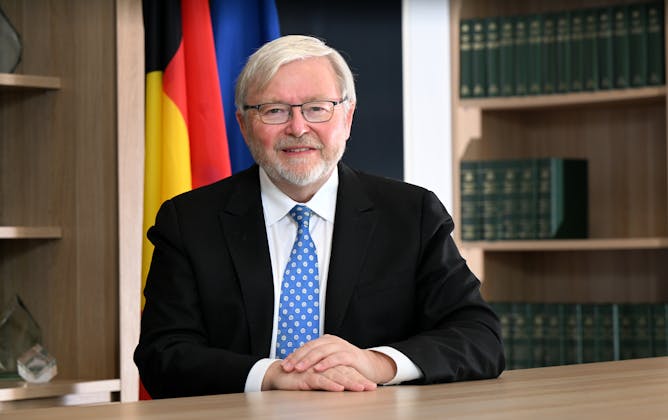
Michelle Grattan, University of Canberra
Kevin Rudd received gratuitous comments from Donald Trump this week, leading the opposition to try score political points. But the question remains how Albanese will manage a possible Trump Mark 2?
|
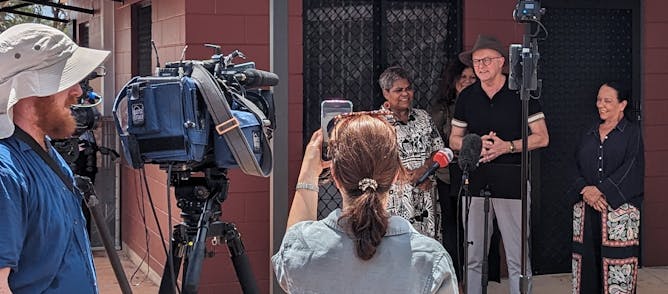
Liam Grealy, Menzies School of Health Research
Much of the $4 billion to be spent over ten years will go into maintenance and the preparation of blocks. It will also build Indigenous employment and Indigenous skills.
|
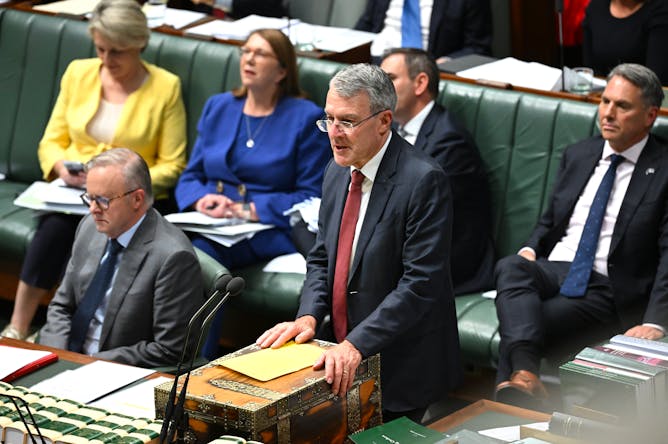
Sarah Moulds, University of South Australia
The federal government has just released a long-awaited report about anti-discrimination laws and religious schools in Australia.
|
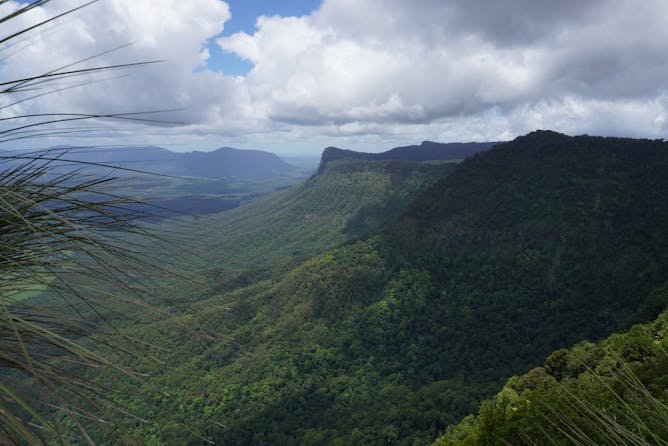
Julian Schrader, Macquarie University
Our plant species are pickier about their preferred temperature range than you would expect. That means many will have to move south, seeking cooler climes.
|

Colin Outhwaite, Edith Cowan University
Perth has had as many as five tributes to Oasis in recent years. As large concerts get more expensive and inaccessible, tributes will become even more important.
|
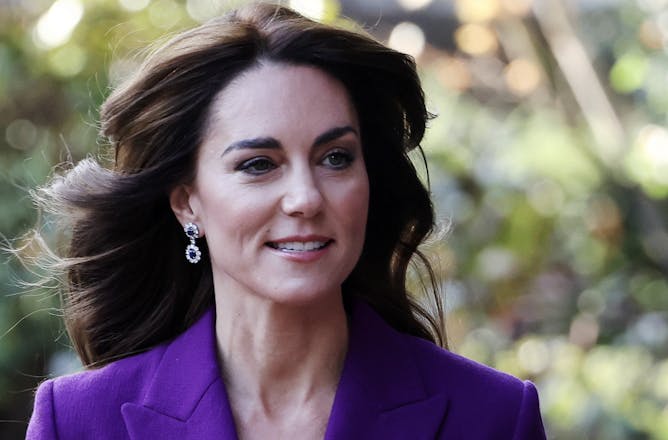
Bruce Baer Arnold, University of Canberra
If it can happen to a future queen, it can happen to you. Maybe it already has.
|

Arindam Basu, University of Canterbury
As New Zealand readies itself for AI-assisted medical treatment targeted to individuals, officials need to ensure the benefits outweigh the risks.
|

Henry Arenas-Castro, The University of Queensland
A study of 736 biological science journals showed only a small fraction are making efforts to foster a multilingual scientific community.
|
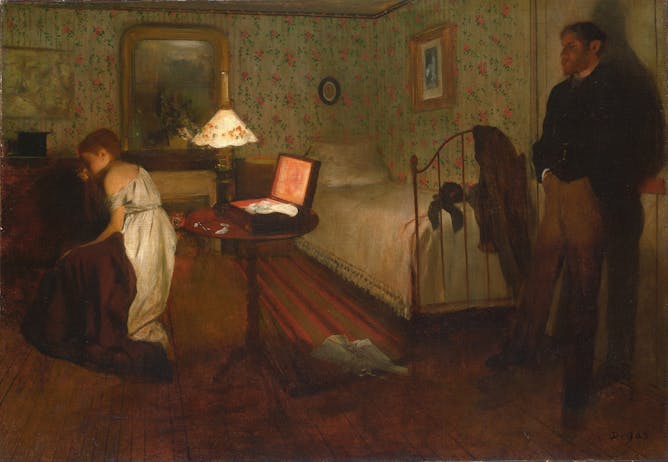
Zoe Smith, Australian National University
At a time when women had limited rights, writers found ways to raise the issues of coercion and control.
|
Politics + Society
|
-
Peter Tesch, Australian National University
Russian propaganda and talking points on Ukraine continue to be repeated, without being challenged, two years after the war began.
-
Leonie Lockstone-Binney, Griffith University; Judith Mair, The University of Queensland; Kirsten Holmes, Curtin University; Paul Burton, Griffith University
Queensland premier Steven Miles is walking a tightrope in trying to deliver a spectacular yet sustainable, legacy-driven 2032 Brisbane Olympics.
-
Sarah Baker, Auckland University of Technology
Current affairs TV began over 60 years ago in New Zealand. The end of the long-form format leaves local journalism greatly diminished.
|
|
Health + Medicine
|
-
Julaine Allan, Charles Sturt University
What exactly is ketamine and what is its role in the treatment of depression?
|
|
Science + Technology
|
-
Milovan Savic, Swinburne University of Technology
Platforms like Facebook, Instagram and TikTok vie for our attention and boast billions of users. Ultimately, what matters is connection.
|
|
Environment + Energy
|
-
Graeme Coulson, The University of Melbourne; Helena Bender, The University of Melbourne
Many measures commonly thought to reduce the toll of animals injured and killed on our roads aren’t effective. But there is evidence to support other solutions.
|
|
Arts + Culture
|
-
Catharine Lumby, University of Sydney
Lounge creator and artist Kirsha Kaechle said the lounge was being ‘experienced’ by men exactly as intended – by excluding them.
|
|
| |
|
|
|
The Conversation AU
Melbourne VIC, Australia
•
Full Time
|

|
|
University of Wollongong
Wollongong NSW, Australia
•
Full Time
|

|
|
|
|
| |
| |
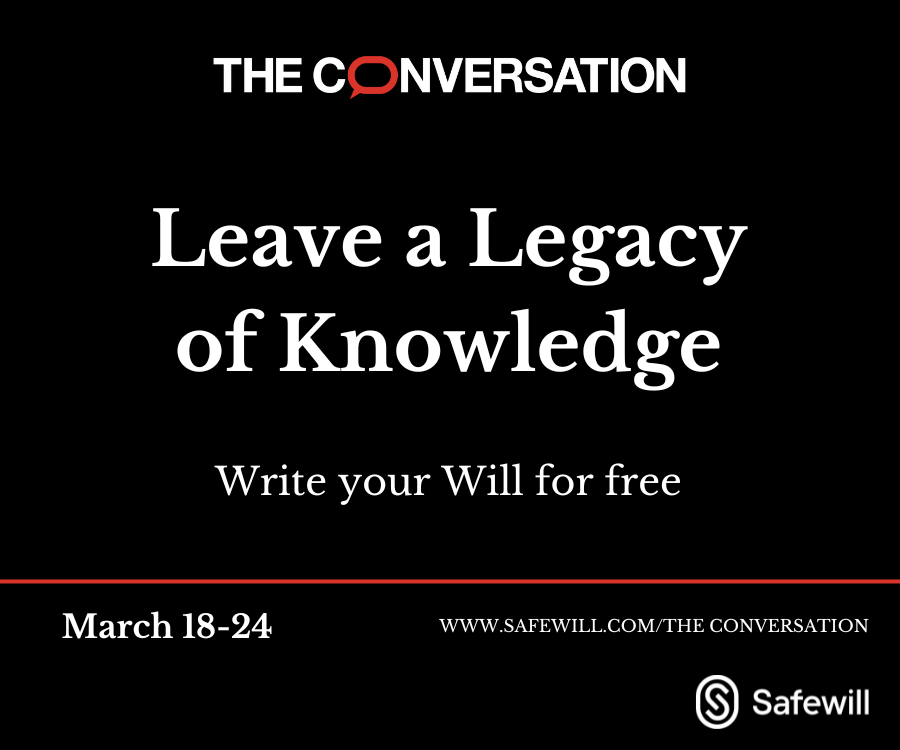
|
| |
| |
| |
Featured Events, Courses & Podcasts
|
View all
|
|
1 January 2023 - 7 October 2026
•
|

|
1 February 2023 - 25 November 2029
•
|
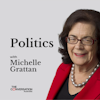
|
|
|

|
1 April - 31 December 2024
•
remote access
|

|
|
|
|
| |
| |
| |
| |
| |
|
|